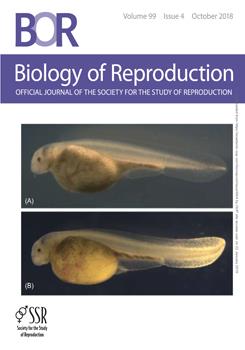Preterm birth (PTB), parturition prior to 37 weeks' gestation, is the leading cause of neonatal mortality. The causes of spontaneous PTB are poorly understood; however, recent studies suggest that this condition may arise as a consequence of the parental fetal environment. Specifically, we previously demonstrated that developmental exposure of male mice (F1 animals) to the environmental endocrine disruptor 2,3,7,8-tetrachlorodibenzo-p-dioxin (TCDD) was associated with reduced sperm quantity/quality in adulthood and control female partners frequently delivered preterm. Reproductive defects persisted in the F2 and F3 descendants, and spontaneous PTB was common. Reproductive changes in the F3 males, the first generation without direct TCDD exposure, suggest the occurrence of epigenetic alterations in the sperm, which have the potential to impact placental development. Herein, we conducted an epigenetic microarray analysis of control and F1 male-derived placentae, which identified 2171 differentially methylated regions, including the progesterone receptor (Pgr) and insulin-like growth factor (Igf2). To assess if Pgr and Igf2 DNA methylation changes were present in sperm and persist in future generations, we assessed methylation and expression of these genes in F1/F3 sperm and F3-derived placentae. Although alterations in methylation and gene expression were observed, in most tissues, only Pgr reached statistical significance. Despite the modest gene expression changes in Igf2, offspring of F1 and F3 males consistently exhibited IUGR. Taken together, our data indicate that paternal developmental TCDD exposure is associated with transgenerational placental dysfunction, suggesting epigenetic modifications within the sperm have occurred. An evaluation of additional genes and alternative epigenetic mechanisms is warranted.
Summary Sentence
Developmental dioxin exposure of the paternal parent was associated with changes in the sperm and placental epigenome in association with impaired placental function; selected genes were also found to be differentially methylated in sperm and placentae of progeny without direct toxicant exposure.





